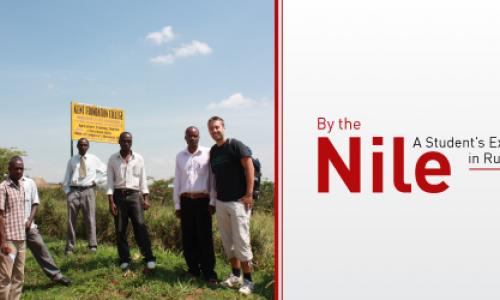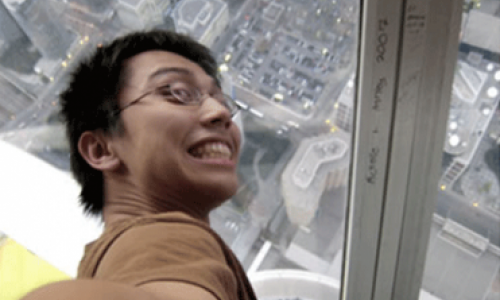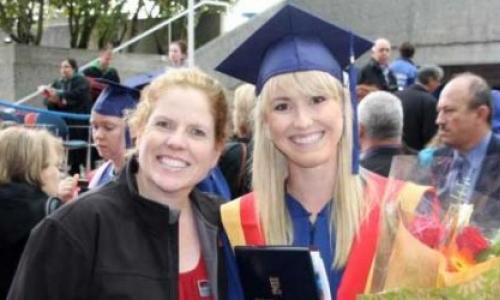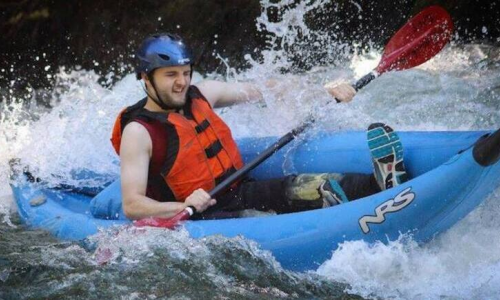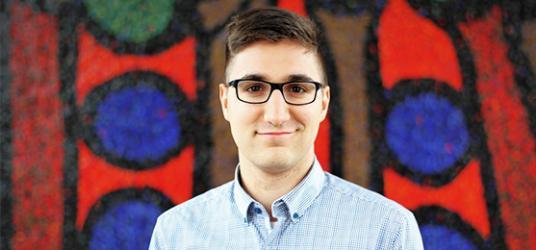
As my third year at SFU comes to a close, I can’t help but notice a problematic paradox from my peers. There seems to be some sort of urgency to get a degree as soon as possible. Yet at the same time there is widespread anxiety of what to do after graduation.
In my first semester at SFU I was fortunate enough to take an Education course as an elective, which ended up molding my attitude about my academic future. Additionally, working with career professionals at my current co-op with SFU Career and Volunteer Services has reinforced some of those invaluable lessons.
1. “There is No Plan”
Did you know that a considerable amount of Career and Volunteer Services’ philosophy is adopted from “The Adventures of Johnny Bunko”, a manga by Daniel Pink? The manga teaches its readers six essential career lessons, one of which is “There is No Plan”. This lesson is not to say that there is no value in planning, but rather there is power in flexibility. Experiential opportunities like co-op and exchange aren’t meant to delay your degree but rather to enhance it.
2. Learning Isn’t Limited to Education
Yes, it’s important to learn at school. However, the experiences we have outside the classroom should be an equal part of a young professional’s early career development. Whether it’s a volunteer position, co-op, summer job or exchange it’s important to take the time to reflect on what was positive and negative about the experience and what the learning value was! Some practical methods of reflection could be sharing your experience with a friend, family member or taking a co-op reflection assignment seriously.
3. Meaningful Connections Takes Time
While I’ve always been somewhat skeptical of the effectiveness of “networking events,” it is agreeable that meeting new people is important for one’s career development. Instead of attending events for the sake of meeting new people, why not begin by making meaningful connections with circles that you’re already acquainted with? As they say, it’s better to have four quarters than a hundred pennies. Networking for its own sake is seldom valuable but building long term relationships can lead to job prospects and unique experiential opportunities.
So what’s the rush? Education should be flexible, experiential and a time to make professional relationships. Not only will this make your time at SFU more enjoyable, it will give you a competitive edge when it’s time to launch your career.
Beyond the Blog
-
Subscribe to the Career Services e-newsletter for career related events, resources and opportunities.
-
Book an advising appointment with a Career Educator.









